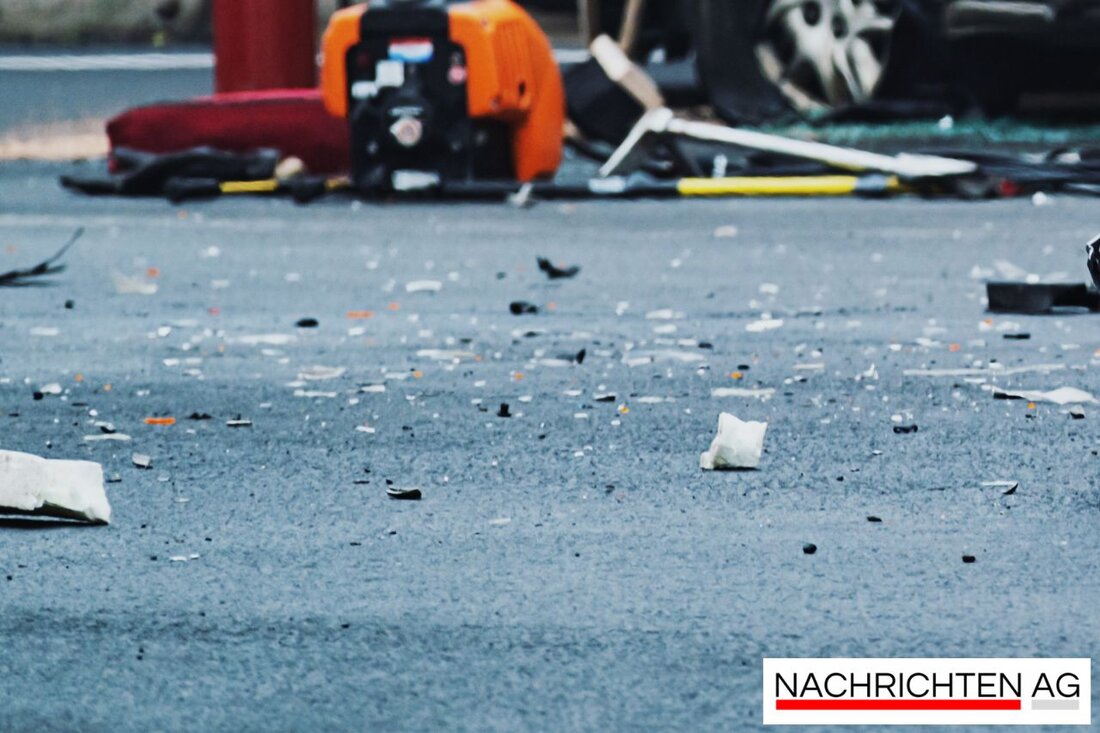Traffic chaos in Munich: accident blocks Weihenstephaner Straße!
Traffic disruptions in Berg am Laim on June 18, 2025 due to an accident on Weihenstephaner Straße. Be aware of the risk of traffic jams!

Traffic chaos in Munich: accident blocks Weihenstephaner Straße!
An unfortunate incident severely affected the traffic situation in Munich today, June 18, 2025. There was an accident on Weihenstephaner Straße, in the Berg am Laim district, which led to the road being temporarily closed. The closure applies from 12:35 p.m. to 4:35 p.m. and affects a section of 380 meters between Berg-am-Laim-Straße and Altöttinger Straße in the direction of Innsbrucker Ring. This traffic disruption could cause traffic jams and increased traffic for some time.
The Bavarian Traffic Management Center warns that road users should be particularly careful when driving through the area. Adapted speeds and following traffic signals are strongly recommended. Given the current traffic situation, drivers should expect longer journey times as diversions and alternative routes must be used to avoid the closed route. According to current reports, there are currently no other danger spots or construction sites registered on Weihenstephaner Straße that could further disrupt traffic, as confirmed by verkehrslage.de.
Transport planning and its challenges
The incident once again sheds light on the challenges in the city's transport planning. Noise emissions and environmental pollution are not the only aspects that are important in the discussion about transport design. Transport is crucial for individual mobility and social participation and thrives on the balance between economic, social and ecological needs. Studies such as those by the Federal Agency for Civic Education show that transport policy is often characterized by disputes about goals, strategies and the necessary financial resources (bpb.de).
In Munich we are faced with the challenges of a constantly growing traffic volume, which is caused by demographic changes and increasing individualization. The city must find solutions to meet transport infrastructure needs while reducing environmental impact.
Today's closure of Weihenstephaner Straße illustrates how quickly an accident can lead to significant restrictions on public transport. The need to develop efficient transport systems that also function in crisis situations is more urgent than ever. Citizens and city planners are called upon to pull together to keep Munich mobile and to ensure a pleasant quality of life for everyone.

 Suche
Suche
 Mein Konto
Mein Konto